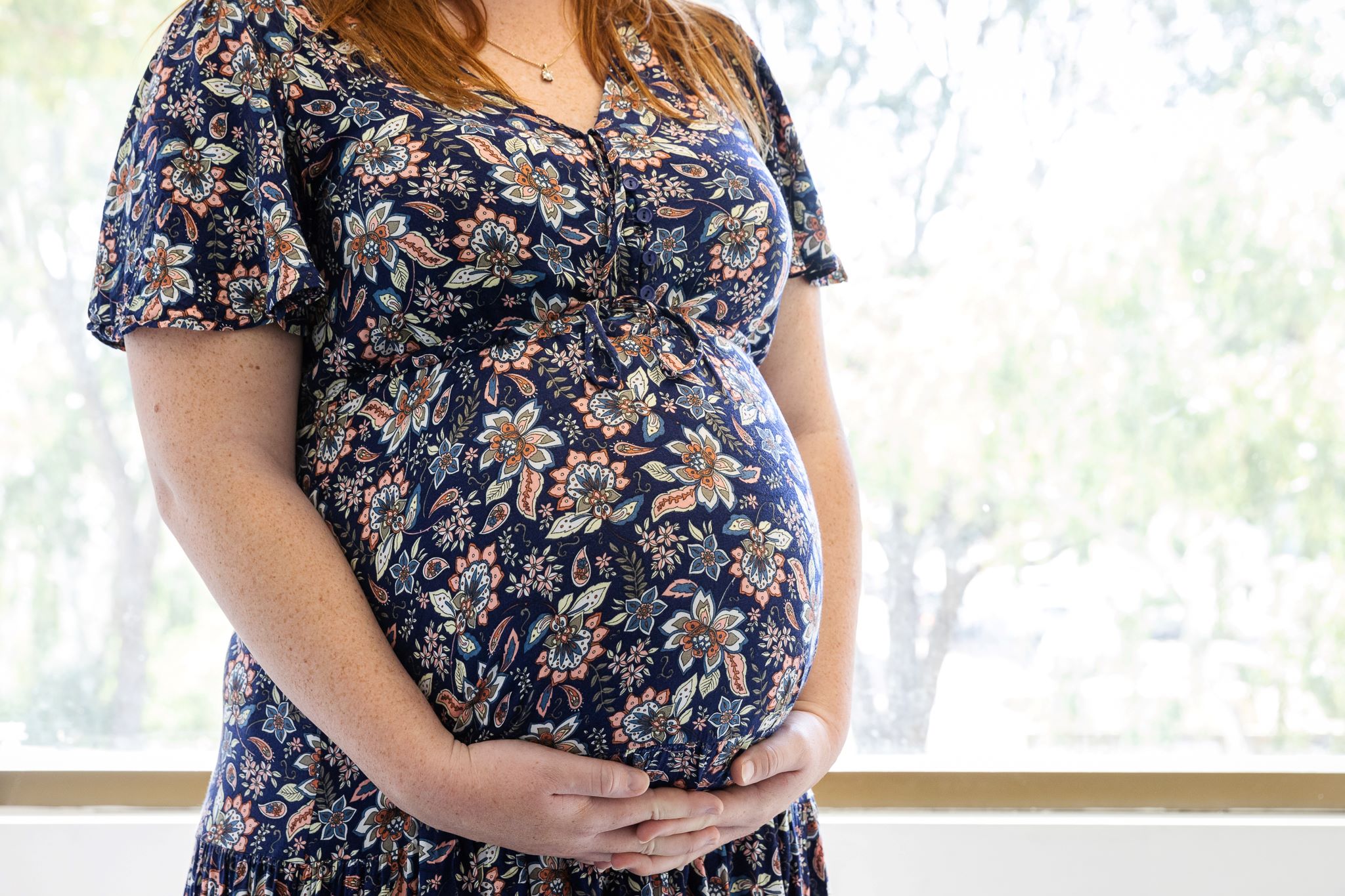Search
Showing results for "Professor"
Research
Early moderate prenatal alcohol exposure and maternal diet impact offspring DNA methylation across speciesAlcohol consumption in pregnancy can affect genome regulation in the developing offspring but results have been contradictory. We employed a physiologically relevant murine model of short-term moderate prenatal alcohol exposure resembling common patterns of alcohol consumption in pregnancy in humans.
Research
The respiratory health effects of acute in vivo diesel and biodiesel exhaust in a mouse modelBiodiesel, a renewable diesel fuel that can be created from almost any natural fat or oil, is promoted as a greener and healthier alternative to commercial mineral diesel without the supporting experimental data to back these claims. The aim of this research was to assess the health effects of acute exposure to two types of biodiesel exhaust, or mineral diesel exhaust or air as a control in mice.
Research
Cardiac monitoring safety assessment framework for early phase group a streptococcal vaccine trialsThis paper presents a comprehensive cardiac safety framework for early clinical development of Streptococcus pyogenes (Group A Streptococcus) vaccines, endorsed by the Strep A Vaccine Global Consortium and the Australian Strep A Vaccine Initiative. Given historical concerns about vaccine-associated acute rheumatic fever, we have established standardized echocardiography protocols integrated with clinical assessment for monitoring cardiac safety in early-phase vaccine trials.

STress biOmaRKers in pregnant women
The Rio Tinto Children’s Diabetes Centre; a Breakthrough T1D Centre of Excellence at The Kids Research Institute Australia and Perth Children’s Hospital (PCH), is a global hub for research into type 1 diabetes (T1D) in children.
Research
Rheumatic heart disease in Timor-Leste school students: an echocardiography-based prevalence studyThe rates of RHD in Timor-Leste are among the highest in the world, and prevalence is higher among girls than boys
Research
Burden of cardiovascular diseases in the Eastern Mediterranean Region, 1990-2015: findings from the Global Burden of Disease 2015 studyThe age-standardized disability-adjusted life years rates in the Eastern Mediterranean Region are considerably higher than the global average
Research
Effects of human rhinovirus on epithelial barrier integrity and function in children with asthmaThis study demonstrates novel intrinsic differences in tight junctions gene and protein expression between airway epithelial cells of children with and without asthma
Research
Calculation of the age of the first infection for skin sores and scabies in five remote communities in northern AustraliaThe young age of the first infection with skin sores and scabies reflects the high disease burden in these communities
Research
Disparity in Mortality From Rheumatic Heart Disease in Indigenous AustraliansThis study was undertaken to provide a comprehensive examination of rheumatic heart disease mortality rates and trends in Indigenous Australians.
